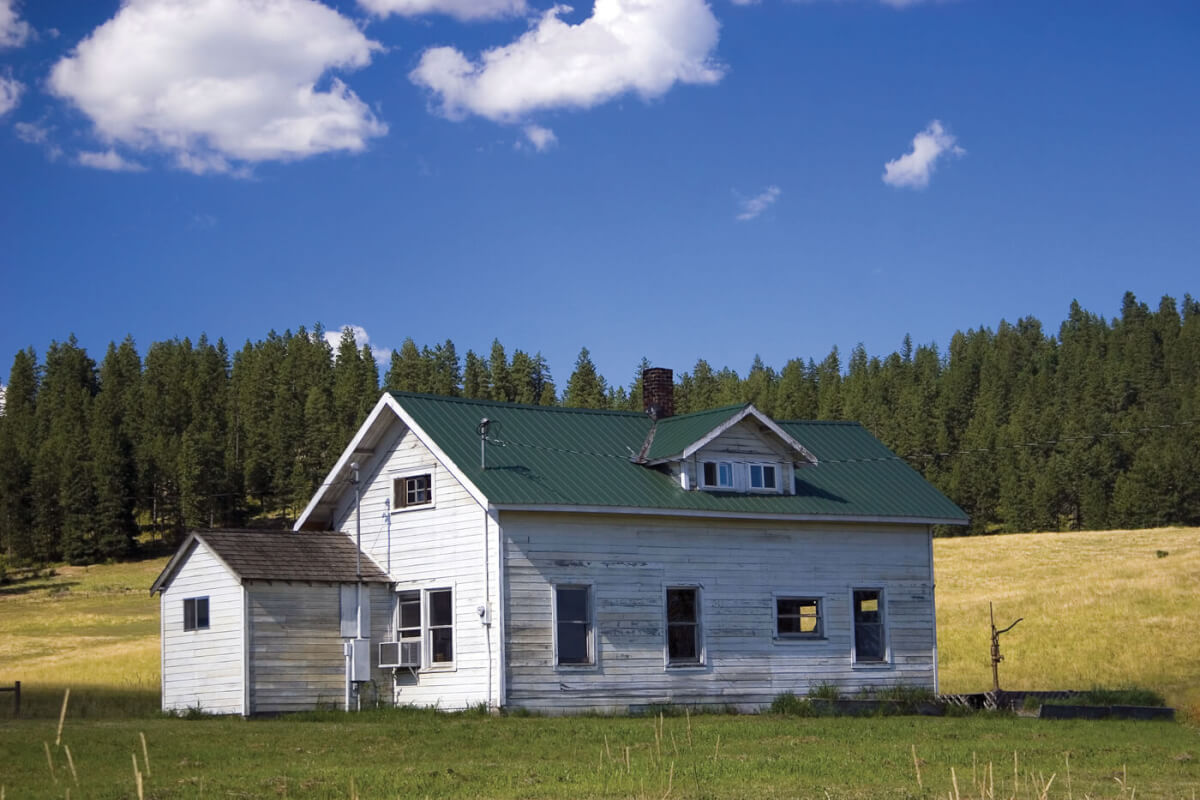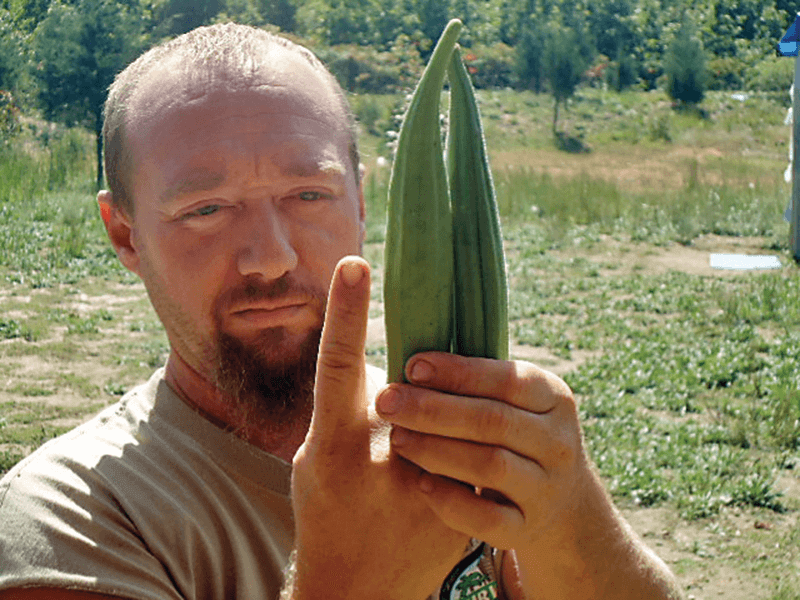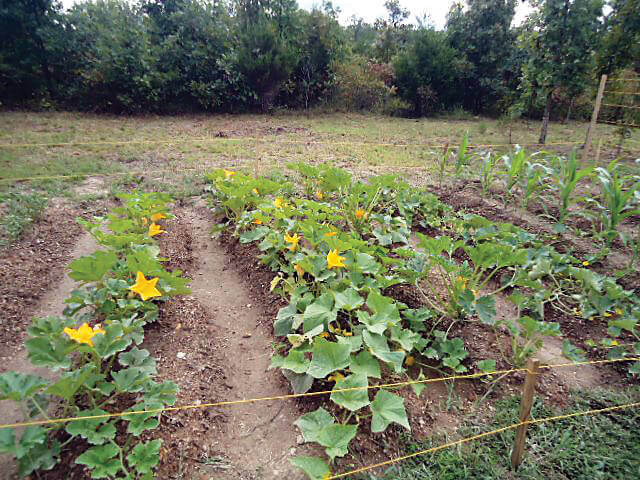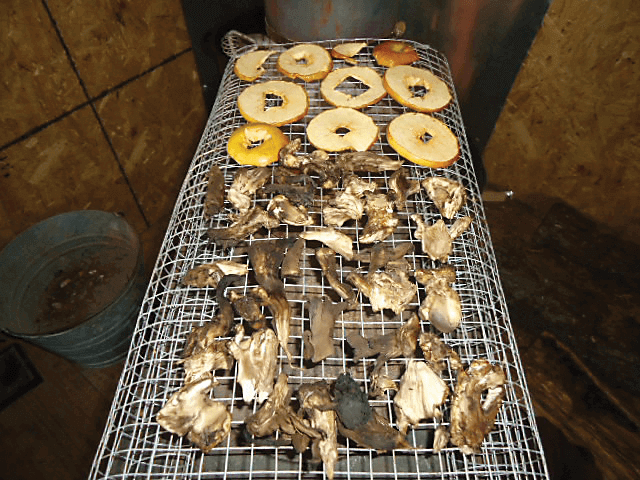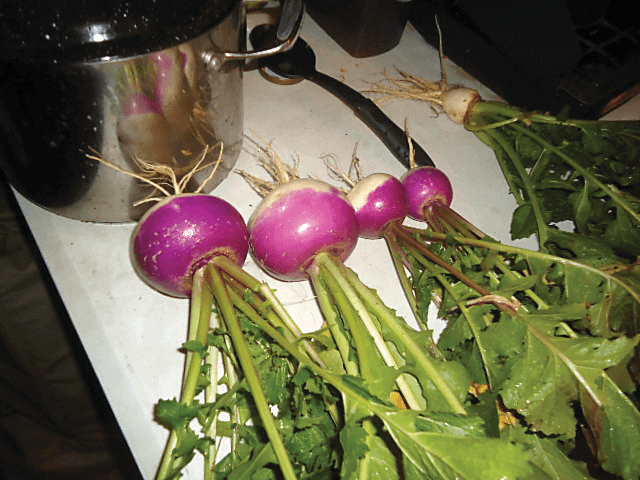Dreaming of a life completely off the grid is something many people fantasize about, but the reality of living without a grocery store, running water, or air conditioning is often enough to deter most comfort-seeking Americans.
But for Merlyn Seeley, it was exactly the challenge he was seeking three years ago when he and his family decided to completely detach from the trappings of their technology-driven lives. “We decided to move off the grid and go back to how things were done naturally many years ago due to several factors in our lives at that time,” says Seeley, who is the author of more than a dozen books on homesteading and other topics.
“For one, we were tired of all the bills,” he says. “We couldn’t make it with the little income most families have to live on these days. We knew that if we were to get our own land and home and move off the grid that we could do away with many bills.” Seeley was also driven by the need to provide his family with healthy meals. “We were tired of the poisons that they call food these days and decided it was time to raise our own meats, veggies and fruits and wild forage for herbs and wild foods to get back to real food,” he adds.
Seeley shows the bounty of his organic harvest, which he grows without commercial fertilizer, strictly using only rabbit manure and compost in his garden.
Seeley’s third impetus for living off-grid involved today’s society. “We also feel that the country is moving way too fast and that this is going to lead to self-destruction, as it is already showing,” he says. “So we knew that the answer was to go back to the basics where everything made more sense—how your grandparents lived. Although there were more personal reasons, such as spiritual refinement, as we are Buddhists, these were probably the main factors.”
BACK TO BASICS
Seeley and his family adopted many habits from our pioneer ancestors, whose methods stand the test of time in today’s homesteading lifestyle.
“We cut our own wood for all uses from our property and built all of our outbuildings with our logs,” he says. “We wild forage for foods such as herbs and berries. We raise our own rabbits and chickens for food and we breed and sell rabbits and chicken eggs. We raise an all-organic garden and choose to grow all heirloom vegetables, which are from the pioneer days.”
Each year, the Seeleys prepare for winter by putting away stores of food. In this photo, they are drying wild mushrooms, and orange and apple slices to be stored in jars in their cabin loft. The drying rack was made of rabbit wire and is drying over the family’s wood stove.
In addition, Seeley cooks over an open-pit fire during spring, summer and fall, when it isn’t raining, using cast-iron cookware exclusively. “In winter, we heat our one-room cabin with a wood stove, and this is where all our winter cooking is done,” he says.
In addition, Seeley’s family uses their crafting skills to make their home comfortable. “My wife and 13 year-old daughter are crafters and handmake a lot of the items we use at home, such as blankets, wash cloths, scarves and toboggans,” he says. “I handmake our furniture from wood off the land.”
Seeley stopped driving vehicles 13 years ago and has also been working as a freelance writer and book author for several years, which has allowed him to work from his homestead full time. The family produces very little trash because they cook with all-natural products and recycle everything. As for stocking their pantry, they have a system for keeping that wellapportioned, too. “We make our own teas and medicines from herbs and natural items, and we collect, filter and purify our own water,” Seeley says. “We can and dry foods and put up stores for winter use, and we use an in-ground root cellar for storage.” The family dries vegetables and herbs over their wood stove in winter and with a homemade rack in their cabin loft in the summer.
DEALING WITH WITHDRAWAL
Although Seeley is completely satisfied with his off-grid life, he does caution other families that there will be some adjustments when you leave technological comforts behind.
“I think the biggest thing I personally had to get used to were withdrawals that do come with this transition,”
Seeley says. “Things we were used to, such as air conditioning, TV, and convenience in the kitchen, took the longest to get used to living without. It took me, personally, nine months to not have thoughts of the old life every single day.”
WHAT ABOUT SANITATION?
When it comes to sanitation, Seeley has that covered as well. “We use a compost toilet system and we wash laundry outdoors by hand and indoors in the winter by hand and hang dry it.”
IS THIS LIFESTYLE FOR YOU?
Seeley encourages those who are interested in transitioning to an off-grid lifestyle to read as much as they can on the subject. “Read homesteading books and books in which you can learn things such as how to can your own foods,” Seeley says. “Do your homework and you will transition much easier.” You have to be completely serious about transitioning for it to go smoothly, he adds.

Seeley continues his education during weekly trips into the nearest town, where he and his family use a wireless Internet hotspot to learn new skills. In addition, they recently met other families living off the grid, “so we pick each other’s brains for information,” Seeley says. “We also just try things and learn as we go.”
He also recommends that you “test out” an off-grid lifestyle before taking the plunge. “For those that want to try homesteading, find an offgrid homestead like ours, and go stay with them for a few weeks or months,” Seeley suggests. “Most homesteads would allow this as most are community-minded. Learn all you can—that way, you are not surprised and lost when you dive in.”
- Grow what you can.
- Forage, forage, forage.
- Ensure a protein source.
- Sharpen crafting skills to make things at home.
- Stock up the pantry.
- Recycle.
- Dry foods for storage.
- Educate yourself before taking the plunge.
To discover more information about Merlyn Seeley and his off-grid lifestyle, you can check out his YouTube page, where he offers tips about homesteading, or visit his Amazon author’s page to check out his many books, including “Living off the Grid: A Beginner’s Guide”, “ Making Money With Your Land”, “How to Build an Off-Grid, Eco-Friendly Bathhouse” and “How to Simplify Your Life”.
Editor’s note: A version of this article first appeared in the April 2014 print issue of American Survival Guide.


